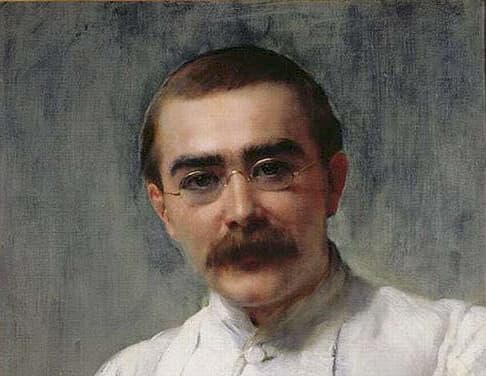Poem of the Day: Phil Klay selects ‘Tommy’
Kipling’s soldier is aware of the hypocrisies of the society that both depends on him and holds him in contempt.

For the third day of a week of war poetry in The New York Sun, guest editor Phil Klay writes:
Please check your email.
A verification code has been sent to
Didn't get a code? Click to resend.
To continue reading, please select:
Enter your email to read for FREE
Get 1 FREE article
Join the Sun for a PENNY A DAY
$0.01/day for 60 days
Cancel anytime
100% ad free experience
Unlimited article and commenting access
Full annual dues ($120) billed after 60 days
